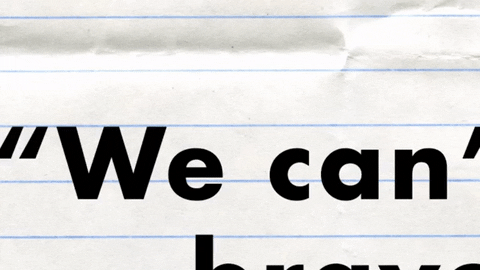Since 2001, U.S. reading comprehension scores on one international test have failed to increase, signifying an alarming trend in which countries that the United States normally outperformed are now consistently surpassing our fourth-grade students.
Every five years, the Progress in International Reading Literacy Study (PIRLS) administers a benchmarking test to students in various global education systems. The test has grown in global scope since its introduction in 2001, and 58 education systems now participate in the exam.
While the U.S.’s scores have fallen by a minuscule margin, it’s the absence of growth that has led to American students being overtaken by countries it had bested in earlier administrations of the test.
While the fall in rankings is not due to significant decreases, the results still have many wondering why American students are failing to demonstrate improvement on the assessment while other countries have. According to U.S. News and World Report, several nations with scores similar to the U.S. in 2011 — Ireland, Northern Ireland, Chinese Taipei, and England — now rank higher than our country in 2016.
“Countries that were our peers have surpassed us while some that used to do worse than us are now our peers,” Peggy Carr, acting commissioner of the National Center for Education, said in a call about the findings.
The news isn't all bad, however. While American students lost ground in the overall rankings, 16% of the students tested performed at an “advanced” level, trailing only seven other countries with that metric. Because of this, it’s believed that an increasing number of lower-performing students is the chief reason for this country’s fall in the rankings.
“The pulling away at the top and the bottom is really the story we see here,” Carr said. “The problematic area here is the bottom of the distribution. When we see a decline in PIRLS, the antenna really goes up.”
On a global level, results of the 2016 test are more promising, revealing basic literacy is at an all-time high throughout the world.
















 Visualization of a black holeImage via Canva
Visualization of a black holeImage via Canva

 Speaking in public is still one the most common fears among people.Photo credit: Canva
Speaking in public is still one the most common fears among people.Photo credit: Canva muhammad ali quote GIF by SoulPancake
muhammad ali quote GIF by SoulPancake

 Let us all bow before Gary, the Internet's most adventurous feline. Photo credit: James Eastham
Let us all bow before Gary, the Internet's most adventurous feline. Photo credit: James Eastham Gary the Cat enjoys some paddling. Photo credit: James Eastham
Gary the Cat enjoys some paddling. Photo credit: James Eastham James and Gary chat with Ryan Reed and Tony Photo credit: Ryan Reed
James and Gary chat with Ryan Reed and Tony Photo credit: Ryan Reed
